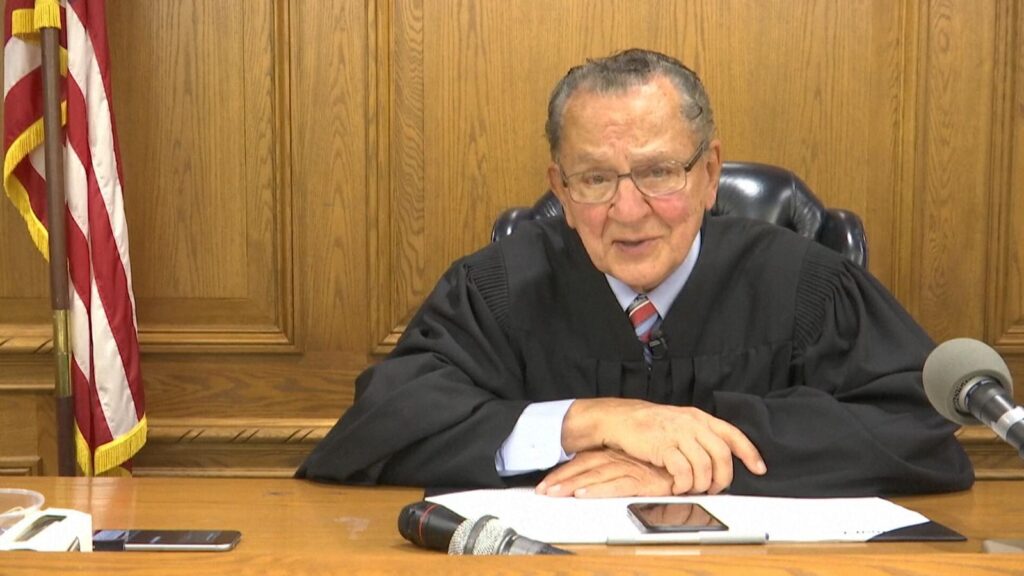Judge Frank Caprio, the American jurist whose compassion and kindness in the courtroom made him a global icon, has died at the age of 88 following a long battle with pancreatic cancer.
His family confirmed his passing in a heartfelt statement on his official Facebook page, noting that Caprio “passed away peacefully after a long and courageous battle.” They described him as a man “beloved for his compassion, humility, and unwavering belief in the goodness of people,” adding that his warmth, humour, and humanity left an indelible mark on millions across the world.
Caprio rose to international prominence through his television series Caught in Providence, which showcased real-life cases from his Rhode Island courtroom. His unique style blending empathy, humour, and fairness set him apart in a profession often associated with strictness and rigidity. Clips of his rulings, where he frequently showed leniency to struggling defendants, went viral on social media, touching hearts far beyond the United States.
Often referred to as “the kindest judge in America,” Caprio became a symbol of justice with humanity. He was known to forgive minor offences for those facing hardships, always reminding defendants that compassion could coexist with the law. These moments resonated deeply across cultures, inspiring countless acts of kindness worldwide.
Beyond his career, Caprio was remembered as a devoted family man. His family emphasised that he would be cherished not only as a respected judge but also as a loving husband, father, grandfather, great-grandfather, and friend.
Tributes poured in following the announcement of his death. Admirers from around the globe recalled how his judgments gave hope to those facing difficulties and inspired people to lead with empathy in their own lives.
His family concluded their statement with a call to carry forward his legacy: “In his honour, may we each strive to bring a little more compassion into the world just as he did every day.”
Judge Caprio leaves behind a lasting legacy of kindness, proving that justice tempered with empathy can touch lives far beyond the courtroom.

